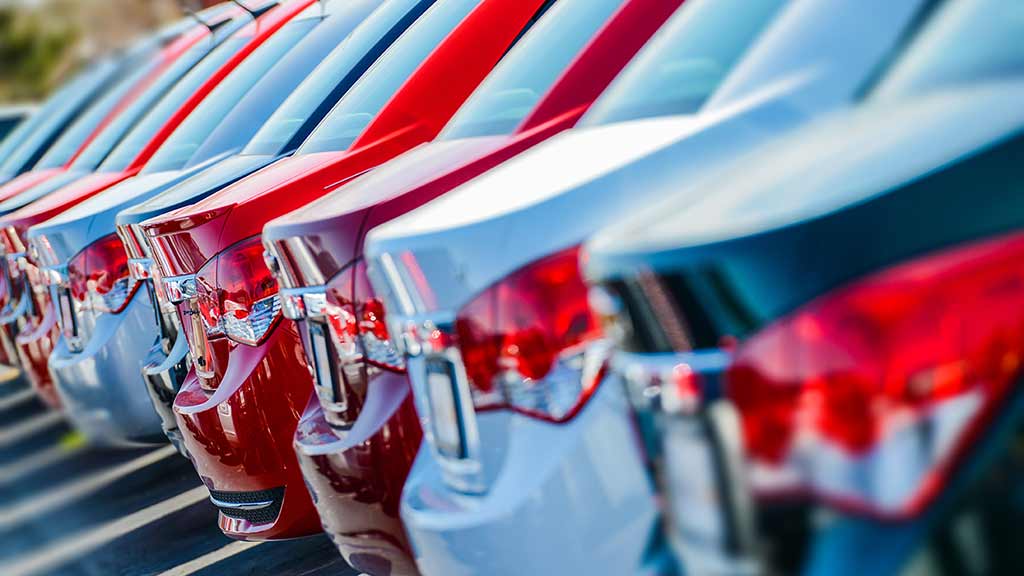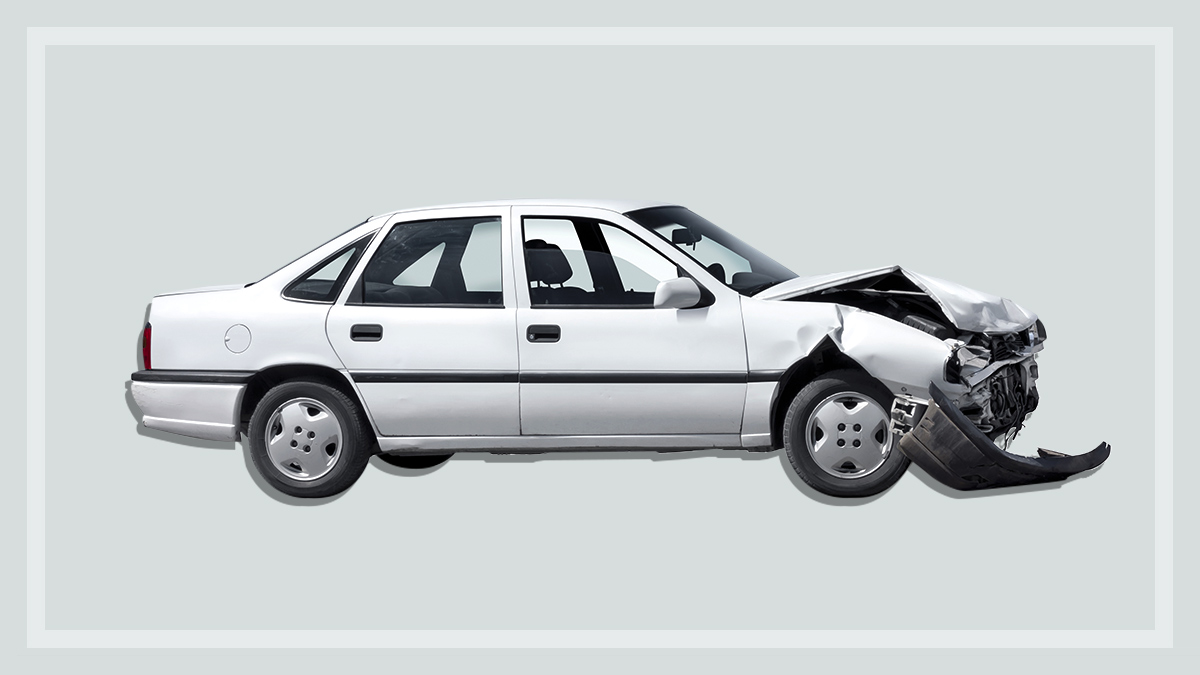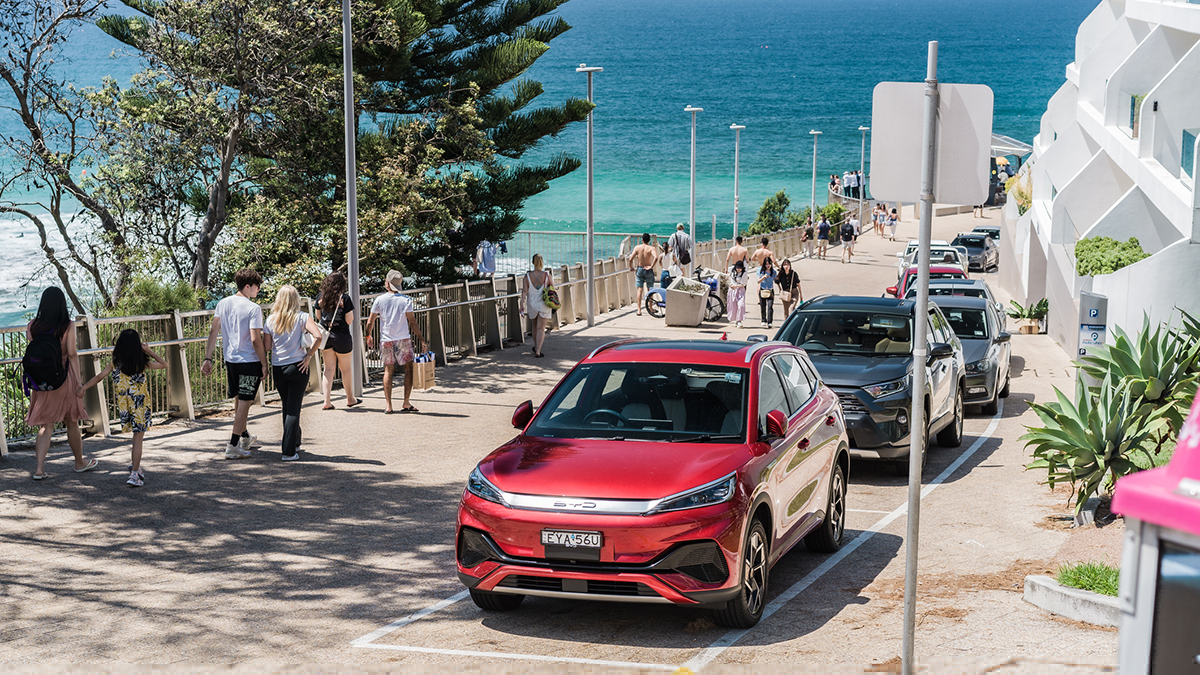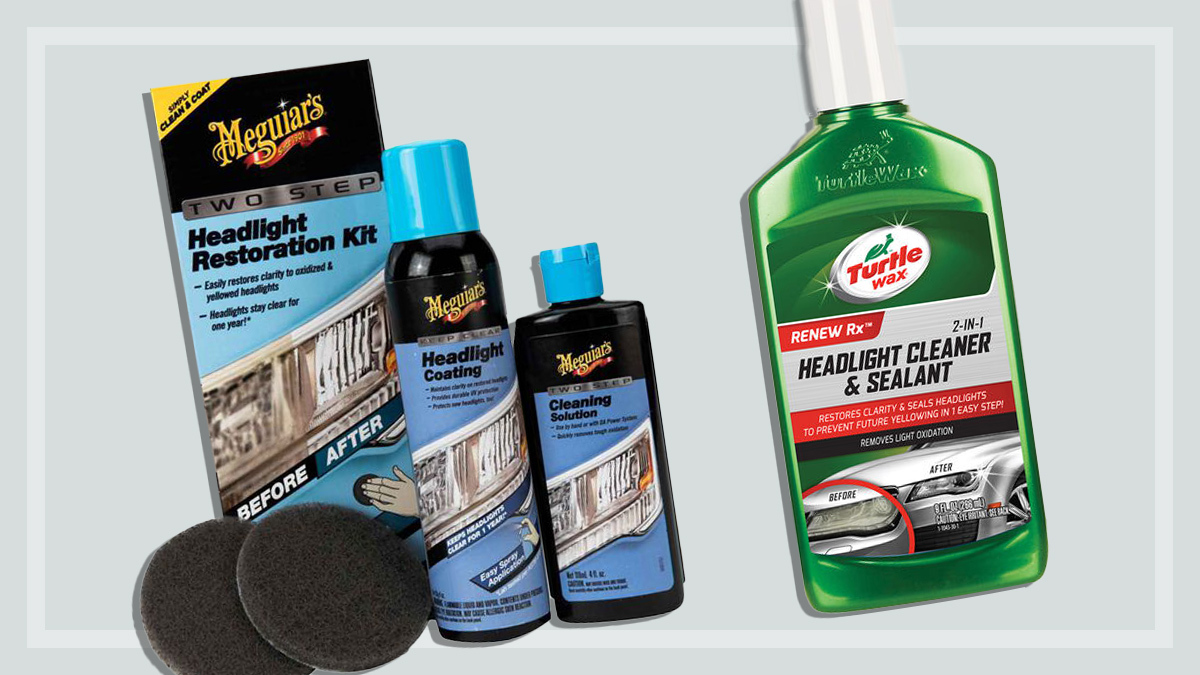Get our independent lab tests, expert reviews and honest advice.
Lemon cars and the law

According to the ads there’s nothing quite like the feeling of a brand new car. But what if your brand-new car develops a problem, or numerous problems?
On this page:
Everyone has heard a horror story about ‘lemon cars’ – brand new cars that turn out to be duds – leaving their new owners with a real battle on their hands if they want a repair or replacement.
Just how common are lemon cars in Australia? And do our existing consumer protection laws do enough to help consumers get refunds on their dodgy cars?
To get a sense of the scale of the problem and to see what kind of experiences Australian car owners have had with getting their cars fixed we teamed up with the NRMA to conduct a major piece of national research around lemon cars.
Our survey
We surveyed 1505 Australians (in a nationally representative population sample) last year.
The survey criteria included new car owners who had bought their new car in the last five years, i.e. from January 2011 to January 2016. This period was chosen in order to find survey participants with experiences within and after the usual periods of warranties and extended warranties, and during a time period covered by the commencement of the Australian Consumer Law.
Read the full report on consumer experiences in the new car market: CHOICE Lemon Car Report (PDF, 900KB).
Lemons, lemons everywhere
The most startling finding from our research was just how many new cars are simply not up to scratch. In fact, two thirds of all new car buyers we surveyed (66%) reported that they had experienced problems with their cars in the first five years.
And while many of these problems were minor and meant that the car was still drivable, nearly 14% of consumers had experienced major issues with their brand-new cars; problems big enough that they either seriously impaired the car’s operation or left it unusable.
CHOICE campaigns advisor Sarah Agar, who commissioned the research, says, “New cars are expensive purchases, it’s shocking to see that most consumers buying new cars should expect problems in the first five years of ownership.”
Problems under warranty
Three quarters of new cars with problems were still fully covered by a warranty.
- 73% of new cars that faced a problem in the last five years were fully covered by a warranty.
- 11% were partly covered by a warranty.
- 11% were not covered by a warranty.
- 74% of cars bought from dealers were fully covered by a warranty.
Where did you buy your car?
When it comes to the Australian Consumer Law, you’re only fully covered if you buy your new or used car from a dealer. If you buy your car via private sale, direct from the manufacturer or at auction you’re only likely to be partly covered by consumer guarantees.
Does brand matter?
The likelihood of getting a dud car varies by brand, with some presenting a two in three chance that you’ll be going back to your dealer with problems to resolve in the first five years of ownership.
Which brands were the worst?
While Holden is a very popular brand – it’s also the car brand with the highest proportion of consumers reporting problems, according to our research.
The incidence of problems with a Holden is significantly higher than it is for Toyota and Mazda, two of the other most popular brands in Australia.
- The majority of Holden new car owners (68%) reported problems.
- Ford owners were the next highest group to report problems with their cars (65%).
- Toyota (50%) and Mazda (44%) are doing much better than Holden, and better than the overall average.
What kind of problems are car owners having?
One of the most common problem areas is in-car technology – which can be serious enough to stop the car from working. Other issues reported were faulty batteries, and problems with electrical components and car interiors.
Outright fraud and deception by salespeople was an issue for a very small percentage of new car buyers but overall problems with the actual components of the car were far more common.
Are the problems being fixed?
As our survey focused on people who have purchased new cars in the last five years, a large proportion of consumers who dealt with problems with their new cars were covered by the typical three-year/100,000km warranty that was offered.
The good news is that, overall, the majority of consumers we surveyed said they were able to resolve their problems. More than half of car owners with issues had them fixed when their car was repaired, and one in five people were provided with a replacement.
However, what is very concerning is that a significant number of car owners received no help at all, with women more likely to be denied a resolution to their problem.
The first point of call is the most important
When it comes to getting problems solved, we found most consumers will turn to the dealer as their first point of contact. However, the majority of car owners don’t escalate their complaints beyond their dealership if they continue to have problems. A quarter of new car owners said they were dissatisfied with their dealer’s response to problems and that they found the experience of trying to resolve the dispute draining.
This highlights just how important it is for dealers and salespeople to provide correct information to their customers about warranties and consumer rights.
Dragging the chain
What was most concerning was that some consumers told us dealers had avoided addressing their complaints until after the warranty period expired.
A Hyundai owner from Brisbane told us, “I had to fight the dealership for months to solve the problem because they told me they were the dealer, they knew what they were doing and I didn’t.” Meanwhile a Mazda owner told us she was very disappointed by how she was treated by the dealership, “Every time the problems arise we take the vehicle in and they fob us off by saying the car has to adjust to different drivers or needs a new battery.”
The cost of complaining
At CHOICE we had heard from unhappy car owners in the past who’d been pushed into signing confidential agreements in return for having their faulty car replaced or refunded.
When we put together the results of this survey we were astonished to see that 16% of new car owners had to sign non-disclosure agreements to get their issues resolved.
CHOICE campaigns advisor Sarah Agar says that the power imbalance between car dealers and manufacturers and consumers is already making the process of seeking help with faulty cars far more difficult than it should be for consumers, and asking the same consumers to sign what is effectively a gag order makes an already difficult situation worse. “Denying people the right to talk about their problems and share knowledge with regulators, advocates and other consumers exacerbates the issue.”
At CHOICE we believe that asking consumers to sign non-disclosure agreements also implies that solutions to faulty cars are provided by the goodwill or discretion of the seller, when in fact there is a legal obligation for products, including cars, to be of acceptable quality, which includes being free from defects.
Expensive and time consuming
In a perfect consumer world most of the car problems experienced in the first five years of ownership would cost nothing – warranties, insurance or the consumer guarantees should realistically provide car owners with a solution to their problems without their needing to pay anything.
However, our research shows that on average Australian car owners spent $858 and 31 hours trying to resolve their problems. The data show that consumers dealing with major problems spent more time, and consumers who bought cars in private sales spent more money.
Our research also shows that beyond the direct cost of fixing the car, on average, most car owners would have lost a further $437 in lost wages spending time to fix the problem, which brings the cost up to $1295.
One unhappy car owner told us in the survey about the time she wasted trying to resolve an issue with her car. “As the problem existed when the new car was sold to me I felt the dealership should have gone more out of their way to remedy it at no cost or inconvenience to myself. Certainly there was no cost, but I was inconvenienced without a car and I needed to attend the repair shop twice. I wasn’t offered a lift home or any flexibility in booking times.”
You bought a Jeep?
Queenslander Ashton Wood says he couldn’t have been a happier Jeep owner until he purchased his second Jeep just over five years ago. He says his happiness evaporated pretty quickly when the fuel line fell off his brand-new car before he’d even driven it out of the dealership.
It turns out the dodgy fuel line was just the beginning of a series of problems for the ill-fated $50,000 car. Wood says the vehicle developed 21 different issues, including problems with the transmission, seat belts, windscreens, ignition failure and starter motor (all while the car was still under warranty).
Wood says that despite approaching both the dealer and the manufacturer, Fiat Chrysler Australia (FCA), a number of times he was shocked at just how little help he received with what he says was clearly a lemon car. “I went to the dealer and fair trading and everyone just kept pointing their finger elsewhere, I lost so much time and faith in the process, not to mention the inconvenience of not having my car.”
Desperate for a resolution Wood set up his now notorious Destroy my Jeep Facebook page and successfully crowdfunded a campaign to destroy his car to try and raise awareness of the issues. While the stunt got a huge amount of coverage, Wood says it still hasn’t helped him reach a resolution with FCA and he’s still out of pocket from his lemon car after five years of fighting.
On a brighter note for Wood, he says the campaign has successfully encouraged hundreds of other dud car owners to go public with their own struggles to get a refund or replacement.
Wood says the current laws in Australia mean that the onus is on hapless car owners to try and fight the system, which is often just too hard. “For many it’s just a huge amount of time wasted, and eventually they give up, sell up and trade the car in. Not only does this mean someone else has bought a loaded gun, there is no way of tracking those cars.”
Currently FCA is undertaking direction by the ACCC to investigate consumer complaint handling. Jeep owner Ashton Wood says he and many other FCA car owners feel that the action hasn’t been strong enough considering the problems many Jeep owners have experienced for several years.
So, do we need specific lemon laws in Australia?
Wood says his ideal scenario would be to see Australia adopt similar “lemon laws” to those in action in the US. He also supports the concept of a “Lemon register” – if we get through the first stage of getting the dealer to take the car back they can still upsell it to someone else. With the register you can see if the car has been brought in as a lemon – it’s totally transparent and anyone can access that information and know about it.
In Queensland last year the state government held a “Lemon Laws Inquiry” via the Legal Affairs and Community Safety Committee. The committee provided its recommendations to the government, and while there has been no date set for a review of the law there has been an undertaking that it will happen later in 2016.
Here at CHOICE we think while the Australian Consumer Law is strong enough to provide protection for consumers who buy lemons, something clearly needs to be done to improve the ways that dealers and manufacturers interact with consumers.
Currently there a is real lack of transparency and consumer access to information, and consumers who are not confident about their rights under the law are more likely to have a hard time enforcing their rights.
What is particularly concerning is the industry trend toward forcing consumers to sign non-disclosure agreements before they’re able to access the solutions that they have a right to. Sarah Agar says, “Forcing consumers to stay silent about dud products or bad service increases confusion, implies that consumers do not have the legal rights afforded by the consumer guarantees, and allows dodgy traders to get away with things that they shouldn’t be doing.”
Got a lemon on your plate?
Under the current consumer laws the ACCC gives a specific example of what might be considered to be a car with a major failure. A major failure to comply with the consumer guarantees is when:
A reasonable consumer wouldn’t have bought the motor vehicle if they’d known about the full extent of the problem. For example, no reasonable consumer would buy a new car with so many recurring faults that the car has spent more time off the road than on it because several mechanics have been unable to solve the problem.
At CHOICE Help we have been contacted by a number of CHOICE members whose situations seem to fit the ACCC’s definition of a major failure, and theses car owners should be entitled to a replacement or a refund.
On July 26th 2017 the ACCC announced proceedings against Ford Australia alleging that it engaged in unconscionable and misleading or deceptive conduct, and made false or misleading representations when responding to customer complaints. The customer complaints were about Ford’s Focus, Fiesta and EcoSport vehicles supplied in Australia between 2011 and 2016, which featured a type of transmission known as PowerShift Transmission (PST).
ACCC Chairman Rod Sims says that the regulator is alarmed about the level of non-compliance with the Australian Consumer Law in the new car industry and will be releasing a new car retailing market study in the next month.
In the meantime the ACCC has put vehicle manufacturers on notice to ensure their complaints handling processes provide the remedies customers are entitled to under law “…or, like Ford, they will find themselves in court,” says Sims.
If you think your car is a lemon – here are some steps to take:
- Contact the dealer and the Australian head office of the car company
- Make sure you put all your communications in writing
- Mention the Australian Consumer Law and consumer guarantees
- Mention “major failure”
- Mention the ACCC and Fair Trading/Consumer Affairs
While this might help you reach a resolution and you can get the car company to agree to a refund or a replacement, in many cases you could be asked to sign a non-disclosure /confidentiality agreement.





